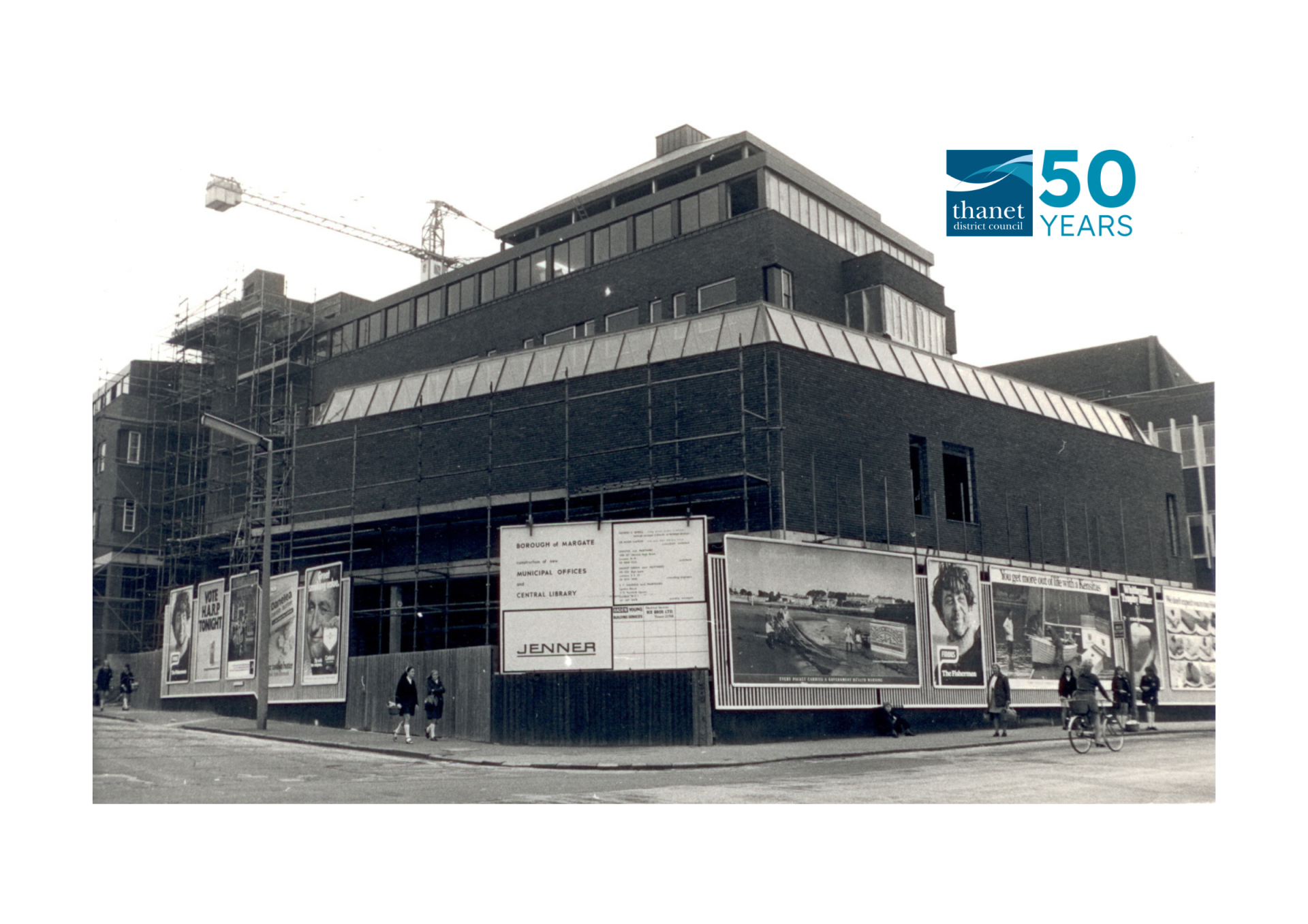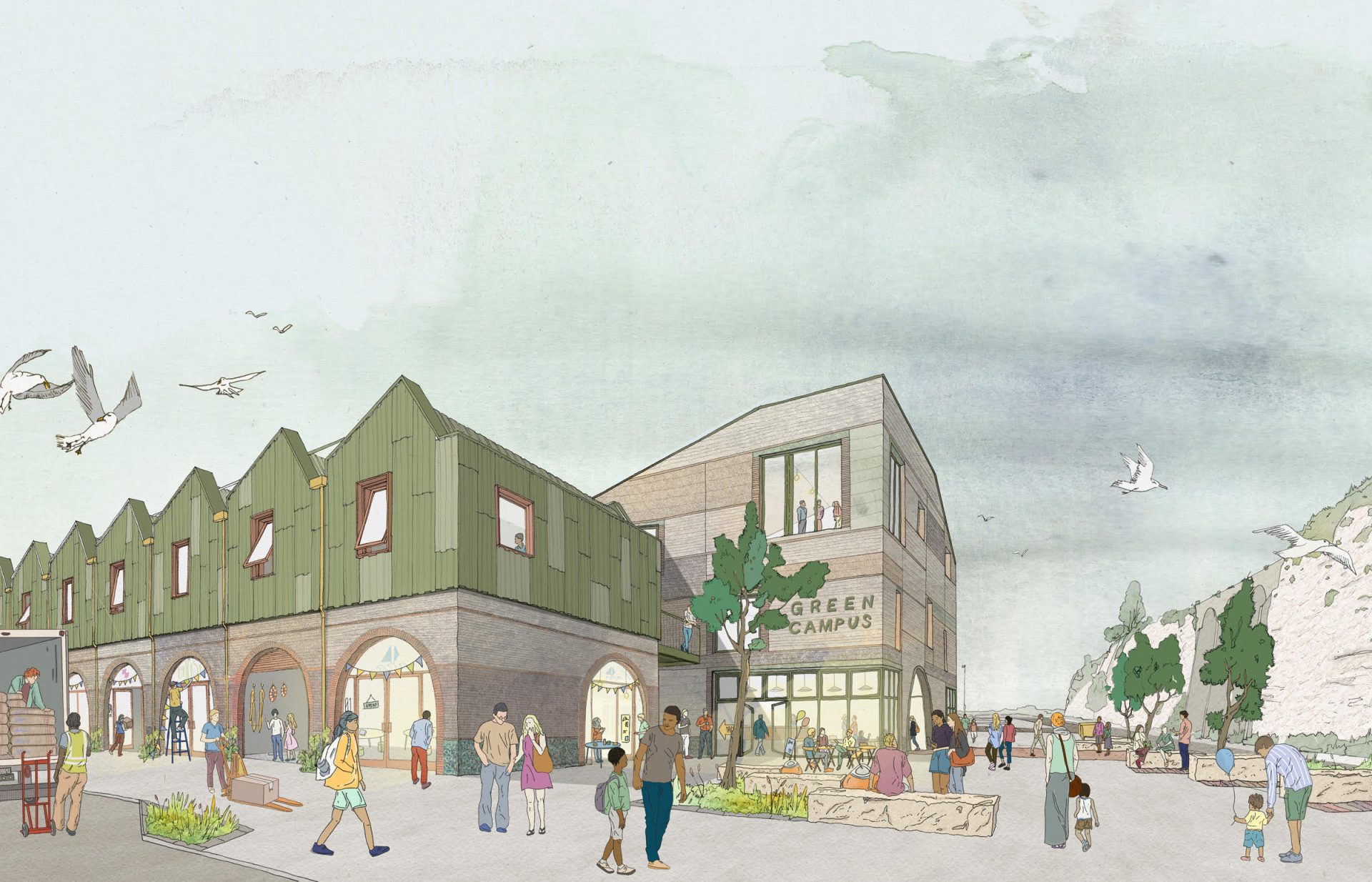Monthly update: Bat surveys at Ellington Park
September in Ellington Park had a focus on trees and ecology, specifically bats.
As nocturnal mammals, bats fly very fast at night, are generally smaller than the palm of your hand and are very hard to spot. Despite their elusive nature, over the last couple of years volunteers have spotted both Pipistrelles and Noctules feeding in Ellington Park. September saw the completion of the last of five different ecology surveys in the park, including three which focused on bats and specifically bat roosts.
Using specialist ecologists Lloyd Bore, the Ellington Park project has commissioned a desktop ecology survey, a design report based on the plans for the new cafe to check impact on ecology, a ground level bat survey and an elevated bat survey generally across the park. We have also carried out an elevated bat roost survey for the first of the trees to be removed: the Norway Maples surrounding the soon to be refurbished 110 year old bandstand. No signs of bat roosts have been found.
The three Norway Maples that are going to be removed are some of the oldest trees in the park but unfortunately are also the most heavily diseased, at risk of falling and over 30 years beyond their natural lifespan. One lost a large bough in storm Gareth, in March 2019. On further inspection the tree trunk was ‘spongy’, structurally unsound and at risk of falling even in moderate winds. The decision to remove them has been taken based on the advice of tree surgeons, arboriculturalists and landscape architects which noted over 20 trees in the park are diseased and within the final five years of their lifespan. Many of these trees are at risk of storm damage, where falling boughs create a potential risk to life. These potentially dangerous trees have been marked for removal and many more younger trees will be planted across the park to replace them.
To preserve and enhance the ecology of the park and its heritage features TDC and FoEP are working behind the scenes to finalise design and issue tender documents, with a robust procurement process we will ensure best value for money for public funds, including the National Lottery Heritage Fund support of £1.8m. Works are scheduled to start in the park at the end of 2019.
Learn more about the Ellington Park regeneration project here.
Newsroom
See all
Like many local councils, 2024 marks a significant milestone for Thanet District Council as it is 50 years since it was inaugurated.

Thanet District Council is inviting members of the public to learn more about its designs for the Green Campus, one of Ramsgate’s Levelling Up Fund regeneration projects. The Green Campus will create spaces for training, enterprise and light industry along Military Road. It will be a self-sufficient destination for enterprise and skills development.

A Thanet resident has been successfully prosecuted for fly-tipping the same item in two different areas of the district.


